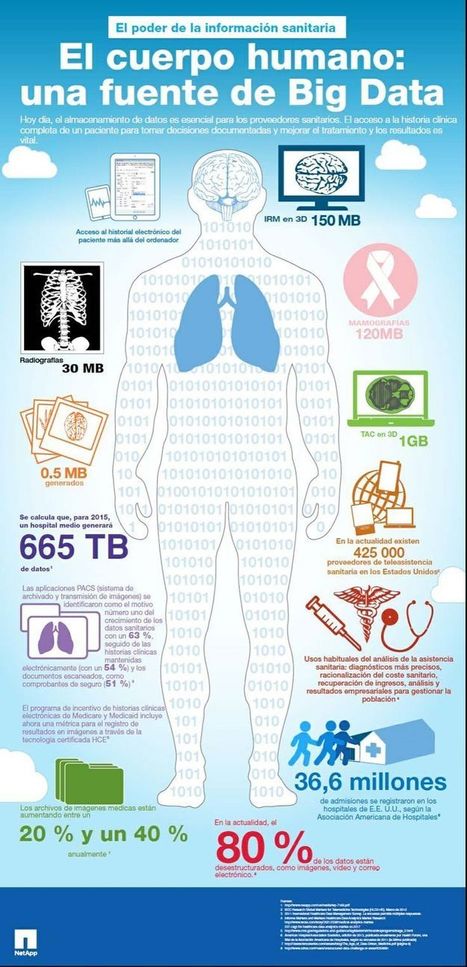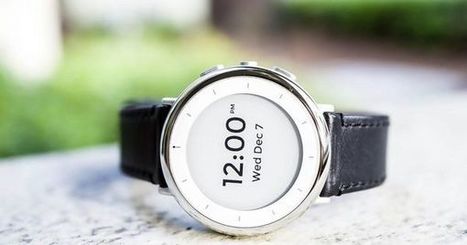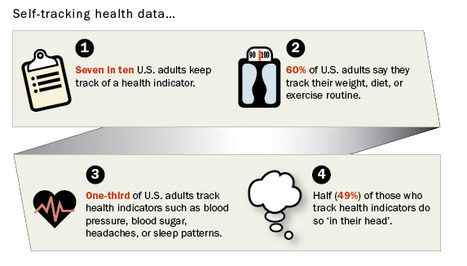Healthcare organisations are a major target for cyber criminals – and the consequences are huge. How can attacks be stopped?
The last five years has seen a surge of attacks on the healthcare industry, with the largest breaches impacting as many as 80 million people. In July this year, it was revealed that 150,000 NHS patients' data was shared over a three-year period following a major breach.
Over in the US, the 2015 cyber-attack on Anthem saw hackers steal 78.8 million patient records, claiming highly sensitive data, including names, social security numbers, home addresses and dates of birth.
Meanwhile, this year, hackers breached the Singapore government’s health database with a targeted cyber-attack, accessing the data of 1.5 million patients.
Healthcare breaches are especially serious because personal data can, in some cases, mean the difference between life and death. For example, says Carlisle, it could cause medications to become mixed up – or people might fail to get treatment for conditions such as diabetes.
Healthcare providers often struggle to find room in tight budgets to invest in new IT systems, leaving them vulnerable. “Compliance issues are commonplace in healthcare too, where organizations need to meet stringent requirements of governing bodies such as HIPAA
While network and endpoint technologies are a required element of an organization’s IT security stance, they are increasingly less effective at keeping external attacks at bay, They are also an inadequate way of securing cloud, big data, internet of things (IoT) and container deployments.
The critical nature of healthcare environments means users require immediate access to healthcare data across a range of devices and applications. Therefore, Security can often be seen as a barrier rather than an enabler.
It’s integral that healthcare organizations bolster their data security and compliance efforts. Data should be encrypted so it would be “worthless” in the event of a cyber-attack.
The good news is that healthcare data breaches are now in the consumer collective consciousness – and organizations are more aware than ever of potential data misuse.
Via nrip



 Your new post is loading...
Your new post is loading...















